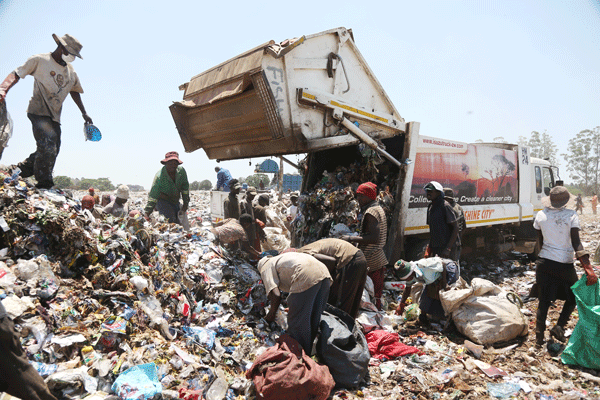Banks cut horticulture loans over cash cover
The scrapping of the 80 percent cash cover for approved applications under the Horticulture Export Revolving Fund and its replacement with a Government guarantee has resulted in banks reducing credit to farmers, an industry lobby group said.
The Government launched the Horticulture Export Revolving Fund in 2022 to support the growth and development of the horticulture sector. It is intended to provide farmers with access to affordable financing to boost production and exports.
The US$30 million Horticulture Export Revolving Fund is part of US$961 million Zimbabwe received in Special Drawing Rights from the International Monetary Fund in 2021.
According to the Horticultural Development Council, the initial 80 percent cash cover was seen as positive by banks, as it reduced their risk and made it more likely that they would lend to farmers. However, the Government’s decision to revoke the cash cover and replace it with a government guarantee has been seen as a setback.
It said the banks were reluctant to lend to farmers on the basis of a Government guarantee alone
“The Ministry of Finance (Economic Development and Investment Promotion) had pledged 80 percent cash cover for approved applications under the Horticulture Export Revolving Fund. However, this was revoked and replaced with a Government Guarantee, which is not appealing to banks, who are facing liquidity challenges and need the cash cover to extend facilities to the farmers,” the HDC said in a September 2023 quarterly seasonal update.
“It also said the 25 percent compulsory liquidation policy was eating into profits and limiting investment, suggesting a 100 percent retention would immediately boost confidence and investment. “Increasing the retention of funds from 90 to 120 days will lessen the burden on the auction system as exporters will fund their own inputs,” said HDC.
Efforts to get a comment from Finance, Economic Development and Investment Promotion permanent secretary George Guvamatanga were fruitless as he had not responded to questions by the time of going to print.
The HDC also recommended exemption from value-added tax (VAT) on all imports for exporters, duty exemption on inputs such as pumice stone and poly-wax, and a reduction in borrowing costs to increase expansion.
It also recommended a tenure security to encourage investment, a five-year income tax holiday, and other incentives to meet growth potential and achieve urgent road infrastructure upgrades. In addition, the HDC stated that the 100 percent increase in the district land levy to US$5,250 is unsustainable. HDC said the horticulture sector remained resilient in the face of high production cost pressures and the impact of the uncertain global economic environment on export markets.
New and exciting growth opportunities in sectors such as citrus, berries, and avocados are emerging.
It added that the country was capable of exploiting these opportunities, but only through positive policy changes to encourage increased investment into production.
Major markets for Zimbabwe’s horticultural exports are the Netherlands, the United Kingdom, South Africa, Germany, Hong Kong, Portugal, France, China, Norway, Poland, and Spain, according to Zimtrade, the country’s export promotion body. With the Horticulture Recovery and Growth Plan under implementation to stimulate export growth, indications are that local farmers will boost production, making it easy to meet the requirements of buyers and growing demand.
-herald








